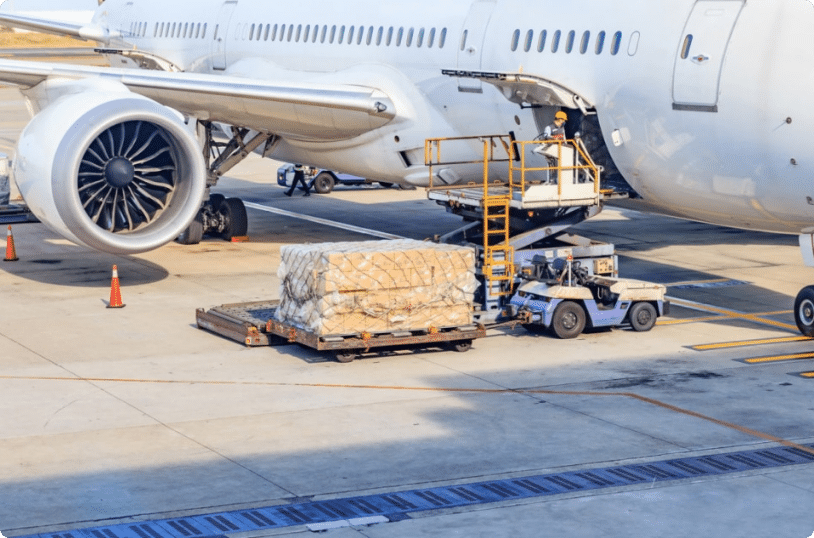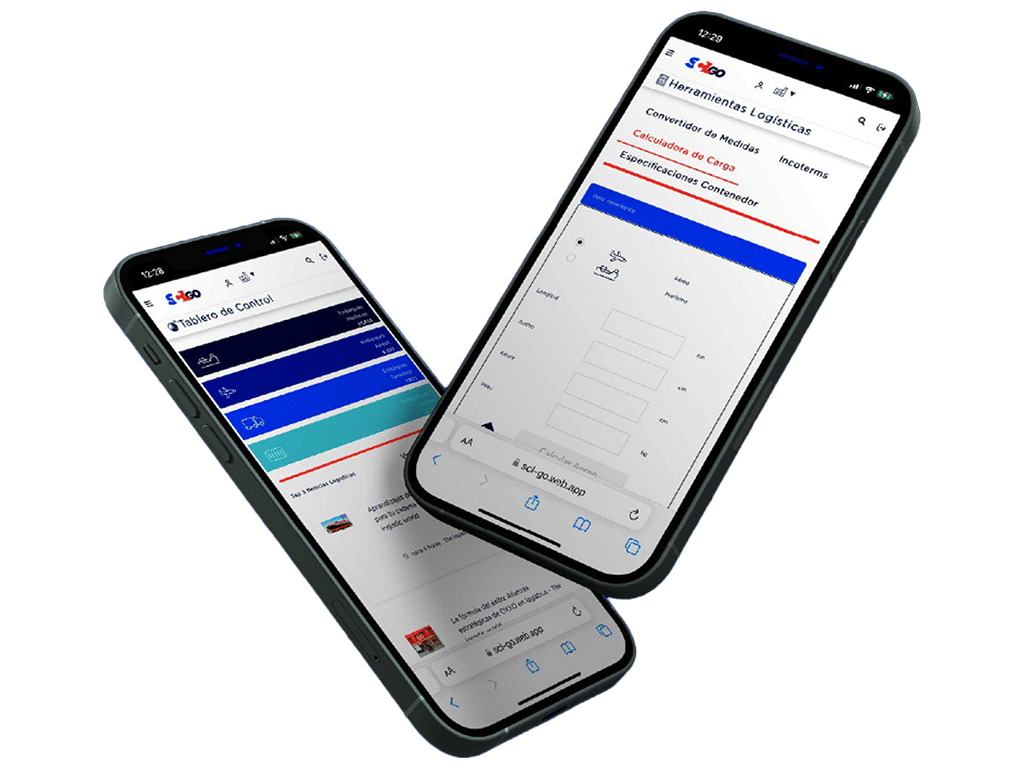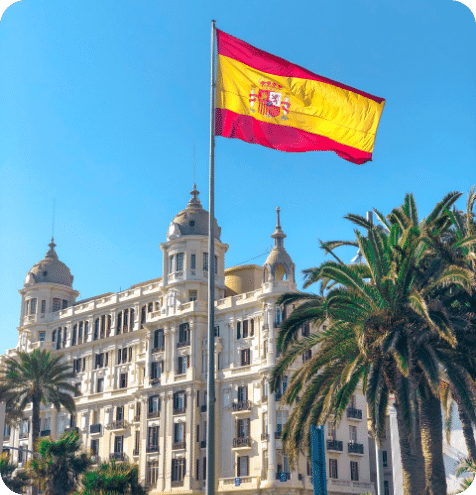
In 2023, Spain transported around 550 million tons of cargo
In 2023, Spain’s GDP was approximately 1.5 trillion dollars
Spain has a population of 47.5 million inhabitants.
European Union (France, Germany, Italy), United Kingdom, United States, China, and Morocco.

Port of Algeciras, Port of Valencia, Port of Barcelona.
Madrid-Barajas (MAD), Barcelona-El Prat (BCN), Palma de Mallorca (PMI), Málaga-Costa del Sol (AGP).

We can help you to have your documentation in order
So consider these restrictions if Spain is a market you want to start working in
There are restrictive guidelines for goods that can enter the country freely. Special authorization and import permits are required for products such as: Agriculture, processed food, pharmaceuticals, cosmetics, antiques, defense materials, hazardous chemicals, and cultural goods, among others.
Within the category of prohibited items, used goods are included, as a commercial invoice is required. This includes: Vehicles, clothing, accessories, tires, machinery; used, as well as any toxic substance, waste, or residue.
Generally, customs duties and fees are based on the total value of the cargo. Therefore, it is essential to have complete and detailed documentation so that the value can be estimated as accurately as possible.

You might also be interested in our article on Spain’s most imported products to Mexico.
This site is protected by reCAPTCHA, Google’s terms of services and private notice


Edificio Obarrio 60, Oficina 8F, Calle 60 Este
Obarrio,
Panamá
República de Panamá
C.P. 0832-0588
Lunes a Viernes 8:30 – 17:30
Río Segundo de Alajuela
A 200 mts. al Norte del Hotel Holliday Inn
Oficentro Santa María Oficina 4 A. Costa Rica
Lunes a Viernes 9:00 – 18:00
Calle 12 No. 43D – 67 Int. 201
Barrio Manila
Medellín Antioquia, Colombia.
Lunes a Viernes 9:00 – 18:00
Av. Nereo Rodríguez Barragán
1200 Piso 2 Oficina A
Colonia Barrio de Santiago, 78200 San Luis Potosí, S.L.P.
Lunes a Viernes 9:00 – 18:00
Calle 22, N°40, Local 23 y 24
Col. San Antonio Cinta,
Mérida Yucatán, Mexico, C.P. 97139
Lunes a Viernes 9:00 – 18:00
Av. Pedro Ramírez Vázquez 200-11 Piso 4. San Pedro Garza García, N.L. CP. 66260
Lunes a Viernes 9:00 – 18:00
Edificio Imaginalia
Cerro Blanco 500 Locales 8, 9 y 10
Centro Sur,
Santiago de Querétaro,
Querétaro C.P. 76090
Lunes a Viernes 9:00 – 18:00
Torre Natyvo
Blvd. de Los Reyes N°6431, Piso 9, Of. 907
San Bernardino, Tlaxcalancingo
San Andrés Cholula,
Puebla, Mexico, C.P. 72820
Lunes a Viernes de 9:00 – 18:00
Av. Manuel J. Clouthier # 777 – D
Col. Jardines de Guadalupe,
Zapopan Jalisco, México, C.P. 45030
Lunes a Viernes 9:00 – 18:00
Av. Panorama 1109,
Valle del Campestre,
37150 León de los Aldama, Gto.
Lunes a Viernes 9:00 – 18:00
Calle Tokio No. 1802
Col. Mirador
Chihuahua, México. C.P. 31205
Lunes a Viernes 9:00 – 18:00
Avenida Hidalgo #281 Local Comercial 4 Col. Obrera, Ensenada, Baja California C.P. 22830
Lunes a Viernes 9:00 – 18:00
Aguascalientes
Edificio Grupo Financiero Inbursa
Av. Las Américas N°110, Oficina 101
Col. La Fuente
Aguascalientes, México. C.P. 20239
Lunes a Viernes 9:00 – 18:00
Av. Capitán Carlos León S/N
Peñón de los Baños, Venustiano Carranza
CDMX, México. C.P. 15620
Dentro del almacén México Cargo.
Lunes a Viernes 9:00 – 18:00
Ciudad de México
Leibnitz 117, Oficina 401
Col. Anzures, Alcaldía Miguel Hidalgo
CDMX, México. C.P. 11590
Lunes a Viernes 9:00 – 18:00
